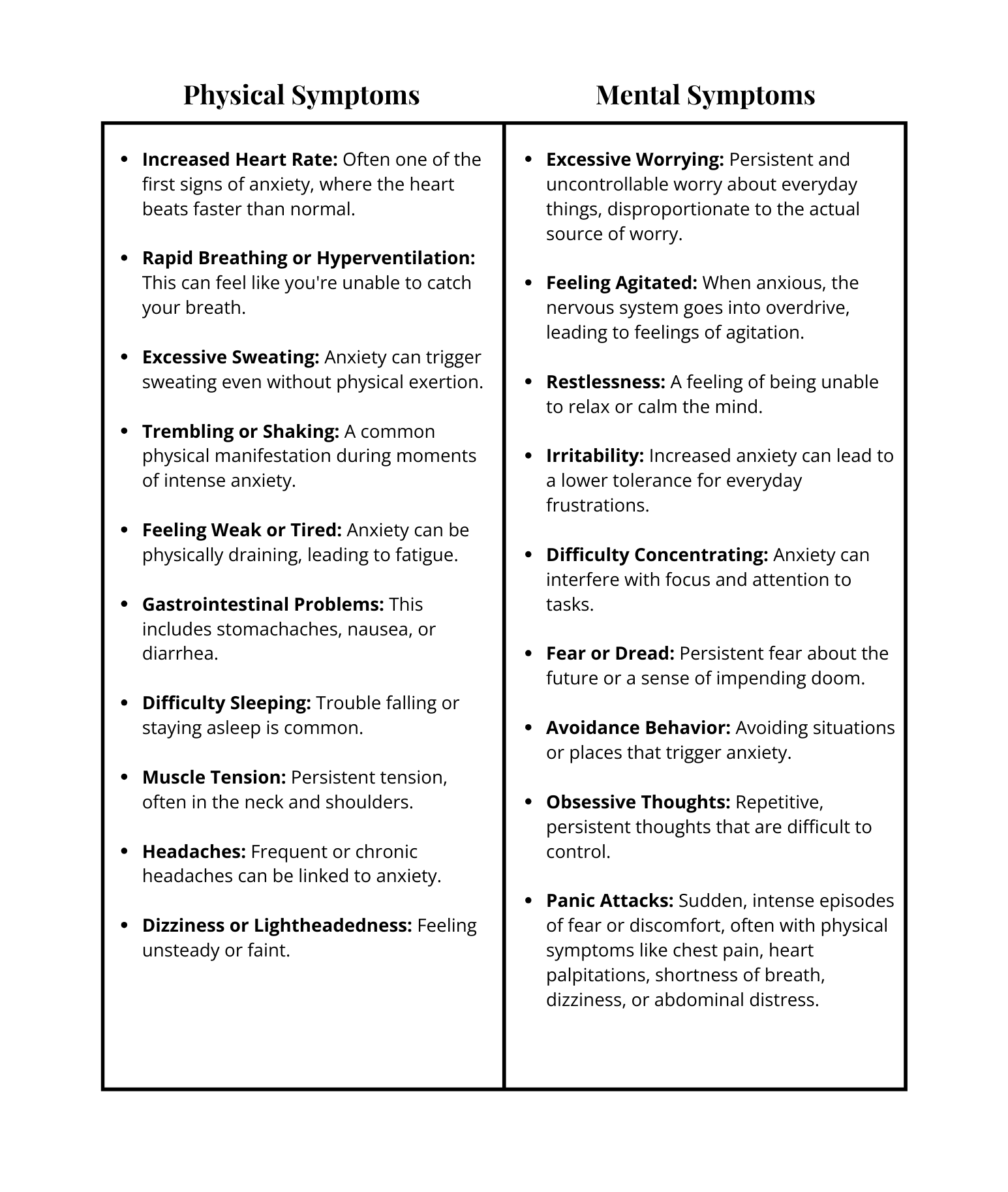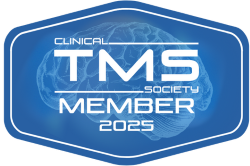
JOIN US! TMS Education Event - Tuesday, April 9th 5:30pm pst - Click to learn more!
ANXIETY
Anxiety Disorders
Anxiety disorders go beyond occasional nervousness or stress. They are pervasive mental health challenges affecting millions globally, profoundly impacting individuals' quality of life and well-being. Characterized by excessive worry, fear, and various physical symptoms, these disorders are often linked to dysregulation in key brain areas like the amygdala and prefrontal cortex, which are essential for processing emotions and stress responses. Anxiety disorders can manifest in several forms, including:
- Generalized Anxiety Disorder (GAD)
- Social Anxiety
- Panic Disorder
- Agoraphobia
- Specific Phobias
- Social Anxiety Disorder
Traditional Treatment
Treatment typically involves a combination of pharmacological and psychological therapies, with cognitive-behavioral therapy being a common approach. In some cases, exposure therapy is also used to decrease avoidance behaviors.
How Accelerated TMS Targets Anxiety:
Accelerated TMS at Kind Health TMS focuses on modulating the activity in these specific brain regions. By delivering magnetic pulses, we aim to restore normal neural activity, reduce hyperactivity in the amygdala, and improve the regulatory control of the prefrontal cortex over emotions and stress responses.
Key Benefits of Accelerated TMS for Anxiety:
- High Efficacy
- Shows promising results in reducing anxiety symptoms
- Targeted Neural Stimulation
- Unlike traditional psychopharmacology, TMS directly stimulates the functioning of any region of the cerebral cortex, affecting both inhibitory and excitatory neuronal circuits.
- Rapid Onset of Action:
- Individuals can feel the benefits of TMS in as fast as one week after initiation of treatment, while certain medications can take weeks or months to reach their full effectiveness
- Minimal Side Effects
- Non-invasive procedure that has almost no side effects, a far cry from the impacts seen by some pharmacological interventions
- Reduced Reliance on Medication
- Many individuals who undergo TMS therapy are able to reduce dosages or discontinue medications following completion of treatment
- Long-Term Benefits
- Sustained relief from anxiety symptoms

What patients are saying
"Desperate and struggling, my therapist recommended TMS. With an open mind and cautious optimism, I tried it. In just five days, my anxiety improved significantly. The clinic staff was fantastic, offering counseling and education on anxiety. The whole experience, including aftercare and follow-up, made a huge difference. I wholeheartedly recommend Accelerated TMS at Kind Health Group. Thank you, Dr. Nanos, and your amazing team"
Dominguez Pacheco, Arturo & Martínez-González, Claudia Lizbeth & Burguete-Castillejos, Luis. (2022). Repetitive transcranial magnetic stimulation for the treatment of anxiety disorders: A systematic review of the state-of-the-art. Revista Mexicana de Neurociencia. 23. 10.24875/RMN.20000130.
Abstract Summary: This comprehensive review examines the current state of repetitive Transcranial Magnetic Stimulation (TMS) as a treatment for anxiety disorders. The review reveals that low-frequency stimulation (1 Hz) at 110% of the motor threshold has been particularly effective in clinical settings. It emphasizes the potential of TMS as a non-invasive, drug-free alternative, leveraging neuromodulation to manage symptoms associated with anxiety disorders. The study contributes to the understanding of TMS as a promising therapeutic option, offering a new avenue for patients who may not respond to traditional treatments or are seeking non-pharmacological interventions.
Dresler, T., Ehlis, A. C., Plichta, M. M., Richter, M. M., Jabs, B., Lesch, K. P., & Fallgatter, A. J. (2009). Panic disorder and a possible treatment approach by means of high-frequency rTMS: a case report. The world journal of biological psychiatry : the official journal of the World Federation of Societies of Biological Psychiatry, 10(4 Pt 3), 991–997. https://doi.org/10.1080/15622970902898147
Abstract Summary: This case report investigates the use of high-frequency repetitive transcranial magnetic stimulation (rTMS) for treating Panic Disorder with comorbid depression. The treatment targeted the left prefrontal cortex over three weeks, with cerebral oxygenation measured through near-infrared spectroscopy.The study showcases the potential of rTMS in modulating brain functions related to panic and anxiety, particularly highlighting its effectiveness in areas involved in mood regulation. This suggests rTMS as a promising non-invasive treatment option for Panic Disorder and similar anxiety-related conditions.
If this is a life-threatening emergency, please call 911 or the National Suicide Prevention Lifeline














































